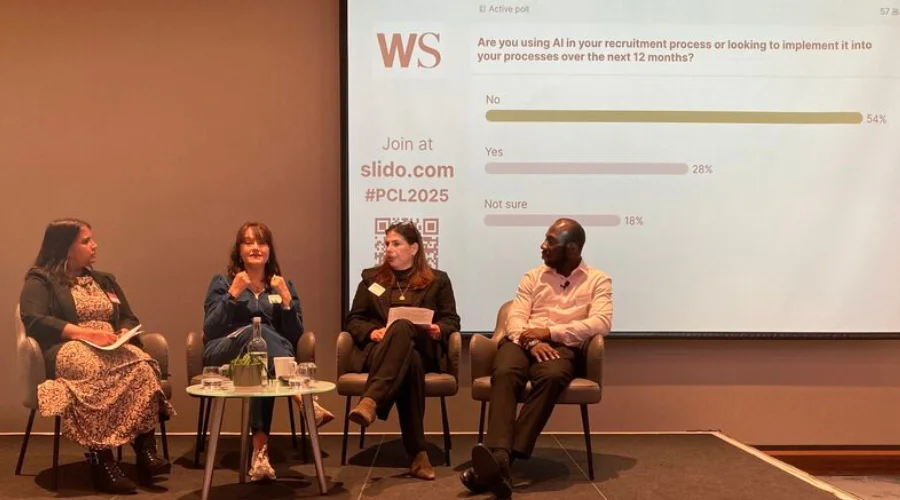
Quick CV Dropoff
Want to hear about the latest non-profit and public sector opportunities as soon as they become available? Upload your CV below and a member of our team will be in touch.

Competency-based interviews (also known as behavioural interviews) are designed to predict future behaviour based on past experiences and are still commonly used in most interviews by employers. Interviewers use these questions to assess how candidates have handled specific situations in the past, focusing on essential criteria and competencies required for the position.
Competency-based interviews will concentrate on some key areas, which may include:
These areas are chosen based on the job’s requirements and the competencies most critical for success in a particular role.
Competency-based questions are more formal and structured than general career history discussions. They often start with “Give me an example of…” or “Tell me about a time when…”. Example questions covering some of the skills mentioned above include:
To answer competency-based questions effectively, a popular technique is the STAR technique:
Examples:
Question: Teamwork is crucial in our organisation. Can you provide evidence of your teamwork skills?
Answer: “As a fundraising coordinator at XYZ Charity, I helped organise our annual gala. When the Event Manager fell ill, I coordinated final preparations with volunteers and sponsors. Our teamwork led to a successful event, raising 20% more funds than the previous year.”
Question: “Can you give an example of a creative solution you implemented to solve a problem?”
Answer: “At XYZ Organisation, we faced a significant drop in supporter/student engagement. I proposed an interactive/gamified survey, which was popular and received 25% more engagement than similar surveys conducted in the previous 12 months.”
Question: “Tell me about a time you resolved a conflict within your project team.”
Answer: “During a project at University XYZ, the project team had a disagreement over resource allocation. I facilitated a meeting where each person could voice their concerns, and we collaboratively developed a resource-sharing plan that satisfied all parties.”
In addition to competency-based questions, more organisations are considering including some form of skills assessment, test, task or presentation as part of their interview process. This helps to evaluate your practical abilities and approach to your work. Organisations faced with increased applications, particularly where AI may have been used , want to improve their assessment of candidates by using practical assessments, tests and presentations.
Be prepared for questions that are designed to assess your potential and ability to grow in a role. This is an opportunity to showcase your curious nature, desire to learn and ability to apply transferable skills that will help you develop new ones. These questions help to identify your capacity for future development and success.
Anticipate commonly asked HR/interview questions and practice your answers to these.
And lastly, have questions ready for the interviewer to show your interest in the role and organisation. This will also give you more information about the organisation and an opportunity to ask questions.
For further advice on interviews, visit our careers hub or contact the team on 020 7198 6000.